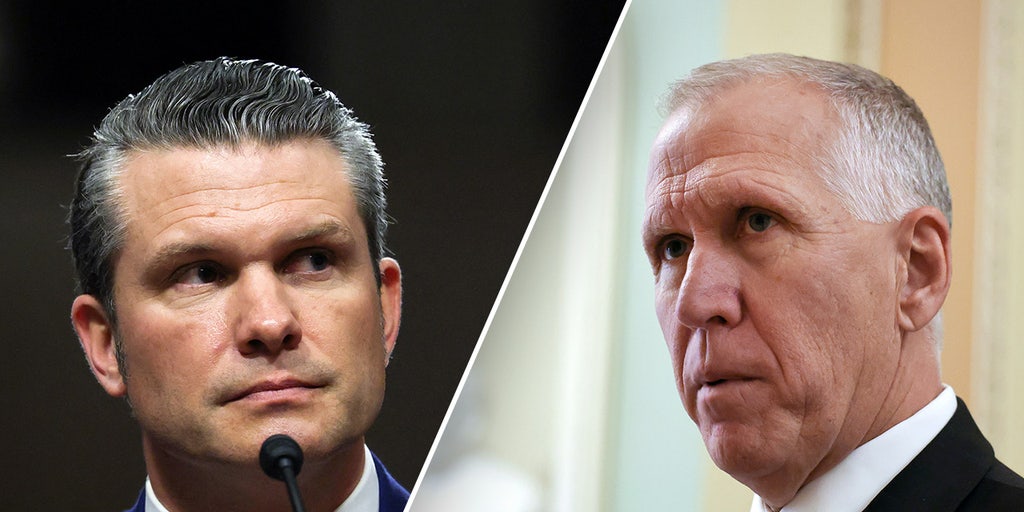Behind Closed Doors: Sen. Tillis Breaks Silence on Controversial Hegseth Confirmation Amid Family Scandal

In a candid conversation with Fox News Digital, Senator Thom Tillis offered an intimate glimpse into his decision-making process surrounding the confirmation vote for Defense Secretary Pete Hegseth. The senator provided a detailed account of the critical hours leading up to this pivotal moment, sharing the intricate deliberations and considerations that shaped his ultimate decision.
Tillis carefully unpacked the complex factors that influenced his stance, revealing the depth of thought and careful analysis that goes into such a significant governmental appointment. His insights shed light on the behind-the-scenes deliberations that often remain hidden from public view, offering a rare transparent look into the decision-making process of a senior legislator.
The interview highlighted the senator's commitment to thorough evaluation and thoughtful consideration of key leadership positions within the defense sector, demonstrating the weight of responsibility that comes with confirming high-level government officials.

